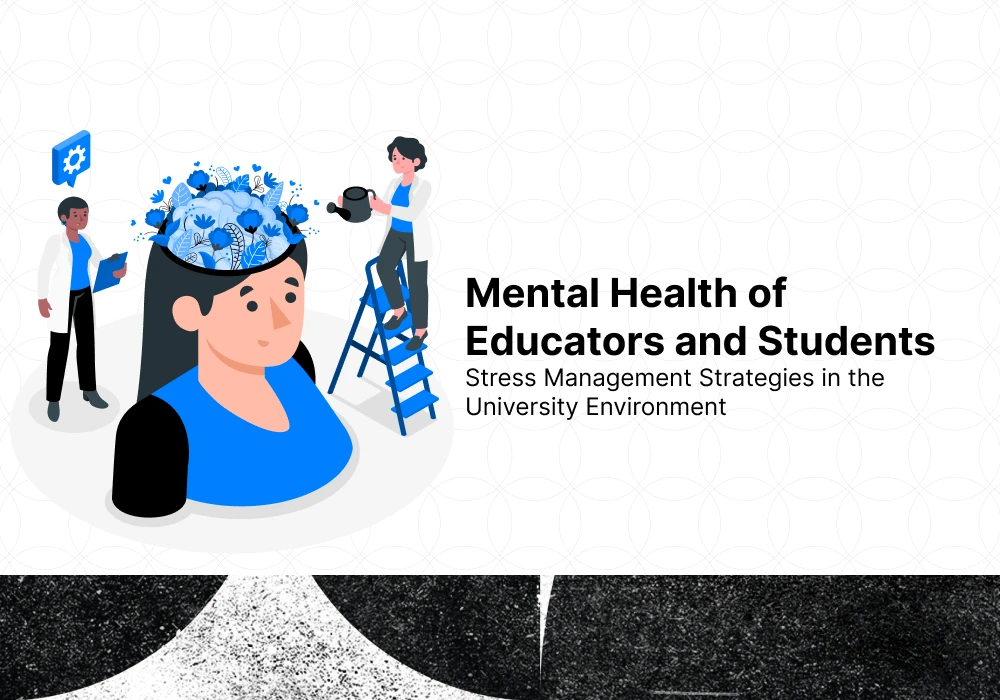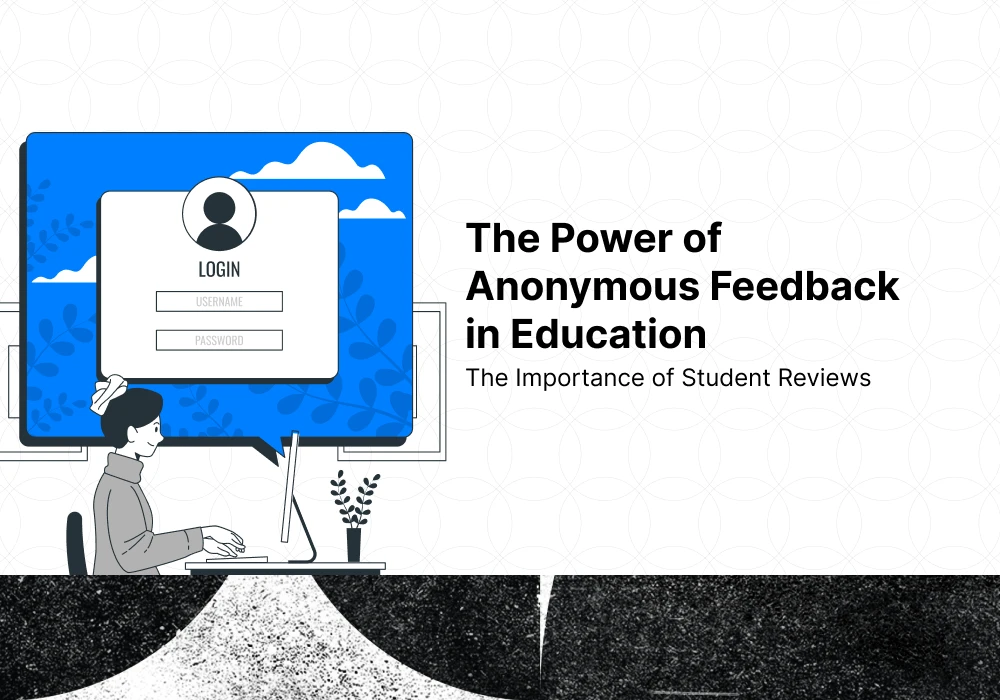Mental Health of Educators and Students
Stress Management Strategies in the University Environment
3 perc
Sep.22.2023

University years are an exciting time in our lives, but they also come with numerous challenges. Both educators and students face academic pressures, deadlines, and daily stressors in the university environment. Educational and examination pressure, as well as personal expectations, can often lead to significant stress. In this article, we will explore the causes and effects of stress in the university environment and present effective stress management strategies for both educators and students.
Stress in the University Environment
In the university environment, both educators and students are exposed to various sources of stress. Some of these may include:
1. Academic Pressure
High expectations and learning requirements set by educational institutions can cause stress for many students. Assignments, projects, exams, and performance pressure often create heightened stress.
2. Deadlines
In the university environment, educators and students often face strict deadlines. Time constraints and multiple simultaneous tasks can lead to stressful situations.
3. Performance Expectations
Educators may also face high expectations in terms of research and teaching. Publication requirements, lectures, and teaching students can impose a burden on them.
4. Work-Life Balance
In addition to university work and studies, educators and students must maintain a work-life balance. Imbalance between work and personal life can cause stress.
5. Financial Pressure
Financial stress due to tuition fees, student loans, and living expenses can also affect both students and educators.
Effects of Stress
Prolonged stress can have negative effects on individuals' physical and mental health. Some of these effects may include:
1. Physical Health Problems
Prolonged stress can contribute to physical health problems such as digestive issues, headaches, and sleep disturbances.
2. Mental Health Problems
Stress can lead to anxiety, depression, and other mental health issues.
3. Decreased Performance
Long-term stress can reduce concentration and performance in education and work.
4. Personal Relationships
Stress can negatively impact personal relationships, including friendships and family bonds.
Stress Management Strategies
It is important for educators and students to employ effective stress management strategies in the university environment. Here are some tips on how to manage stress:
For Educators:
1. Time Management
Educators should prioritize time management and deadline management. Planning educational and research tasks in advance and avoiding last-minute work can help reduce stress.
2. Seek Support
Educators should not hesitate to seek support if they feel overwhelmed. Institutions and colleagues can assist in finding solutions to problems.
3. Rest and Relaxation
It's essential for educators to take time for rest and relaxation. Allocate time for hobbies and personal life.
For Students:
1. Set Priorities
Students should identify their priorities. Identify the most important subjects and tasks and focus on them.
2. Study Techniques
Using effective study techniques can help prepare for exams and assignments more efficiently. Try various study methods and choose the one that works best for you.
3. Seek Support
Students should not hesitate to seek help when needed. University counselors, mentors, and peers can assist in stress management.
4. Exercise and Healthy Lifestyle
Regular physical activity and a healthy lifestyle can help reduce stress. Sports and healthy eating can have a positive impact on mental health.
The mental health of educators and students is crucial for academic success and well-being in the university environment. It is important to recognize the causes and effects of stress and to employ effective stress management strategies. University communities can provide support in this process and help educators and students successfully manage stress in the university environment.






